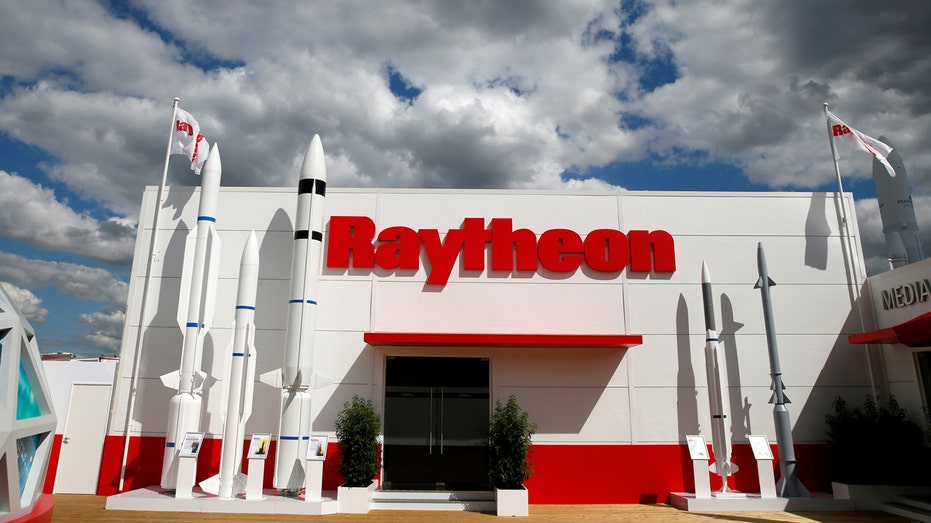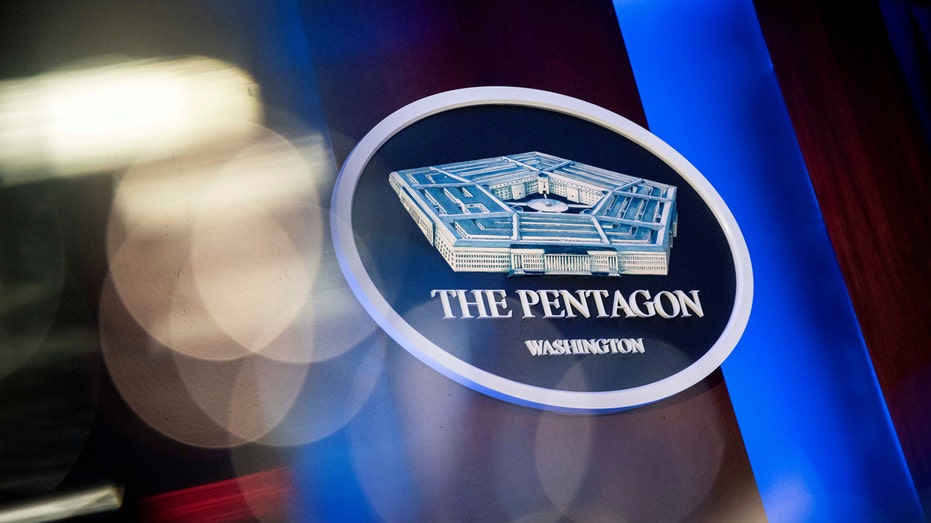Pentagon awards hypersonic missile defense contracts to Raytheon, Lockheed Martin and Northrop Grumman
Contracts were announced amid growing competition between the US, China and Russia to develop hypersonic missiles
Fox Business Flash top headlines for November 19
Check out what's clicking on FoxBusiness.com.
The Pentagon’s Missile Defense Agency tapped contractors Raytheon, Northrop Grumman and Lockheed Martin to develop a defense system capable of intercepting hypersonic missiles, officials said on Friday.
The companies will "complete an accelerated concept design" of a glide phase interceptor capable of tracking and targeting hypersonic missiles as they travel toward their target. The interceptors will be designed to integrate with the Pentagon’s existing Aegis Ballistic Missile Defense system.
"Raytheon Technologies systems are the cornerstone of today's ballistic missile defenses. We're building on that knowledge to advance the missile defense system for future threats," said Tay Fitzgerald, vice president of strategic missile defense at Raytheon. "GPI's speed, ability to withstand extreme heat and maneuverability will make it the first missile designed to engage this advanced threat."

The Raytheon stand is seen at the 53rd International Paris Air Show at Le Bourget Airport near Paris, France June 21, 2019. REUTERS/Pascal Rossignol/File Photo/File Photo
Further details on the contract were not made public, but Reuters reported the companies received separate contracts with a total value of $60 million.
Northrop Grumman and Lockheed Martin did not immediately return requests for comment.
"Multiple awards allow us to execute a risk reduction phase to explore industry concepts and maximize the benefits of a competitive environment to demonstrate the most effective and reliable Glide Phase Interceptor for regional hypersonic defense, as soon as possible," said Rear Adm. Tom Druggan, MDA’s Sea-based Weapon Systems program executive.

The Pentagon logo is seen behind the podium in the briefing room at the Pentagon in Arlington, Virginia, U.S., January 8, 2020. (REUTERS/Al Drago/File Photo)
The contracts were announced amid growing competition between the U.S., China and Russia to develop hypersonic missiles. The missiles fly five times faster than the speed of sound and are capable of maneuvering en route to their target, sparking fears they could avoid traditional defense systems.
In August, China conducted a test in which a hypersonic missile was launched into space and orbited the Earth before gliding toward its target, the Financial Times reported.
GET FOX BUSINESS ON THE GO BY CLICKING HERE

Chairman of the Joint Chiefs of Staff, U.S. Army General Mark A. Milley, responds to questions during a House Armed Services Committee hearing on "Ending the U.S. Military Mission in Afghanistan" in the Rayburn House Office Building in Washington, U.
Gen. Mark Milley, chairman of the Joint Chiefs of Staff, confirmed the test occurred in October and referred to the situation as "very concerning."
"I think I saw in some of the newspapers, they used the term Sputnik moment," Milley said during an appearance on Bloomberg Television. "I don’t know if it’s quite a Sputnik moment, but I think it’s very close to that. So it’s a very significant technological event that occurred, or test that occurred, by the Chinese. And it has all of our attention."





















